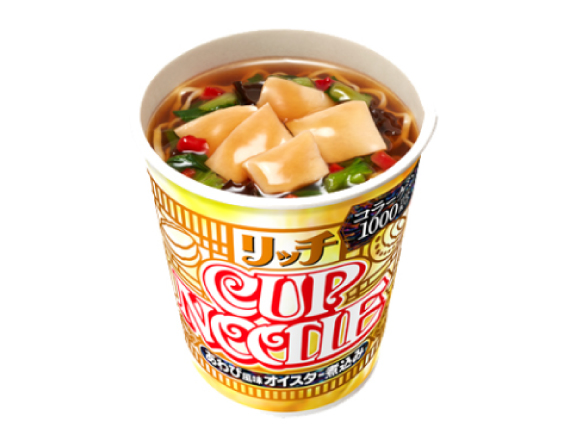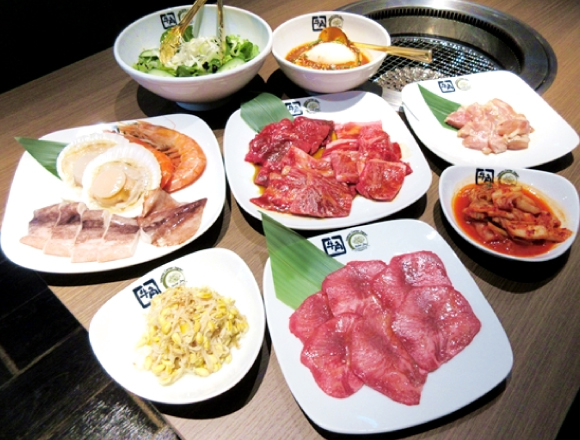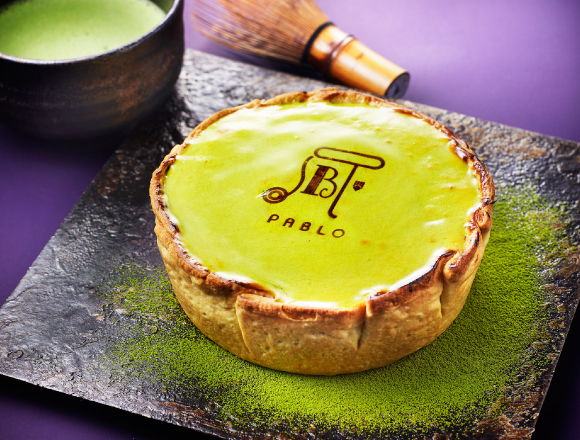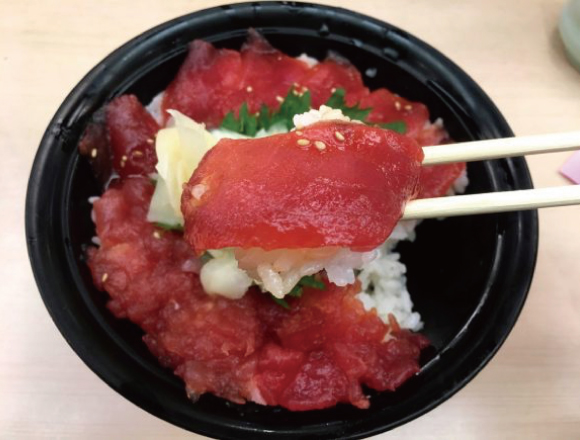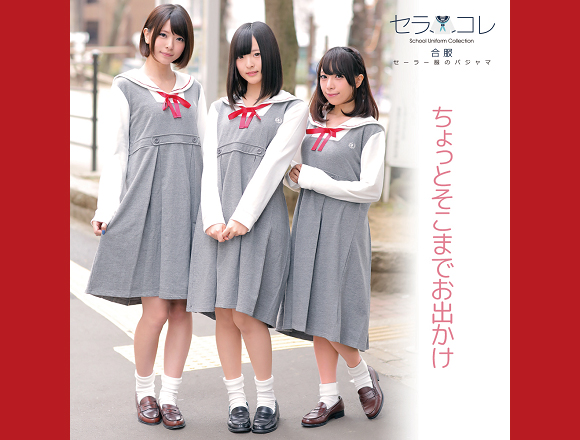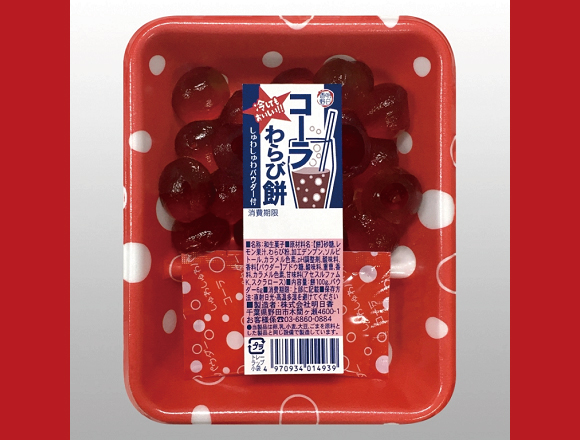Japan’s biggest Korean barbecue chain adds two set meals for Muslim meat fans.
Gyu-Kaku is one of Japan’s most popular yakiniku (Korean barbecue) chains, with locations all across the country. However, Gyu-Kaku is also an internationally minded company, having expanded to the U.S., Canada and other parts of Asia as well.
While Gyu-Kaku is yet to reach the Middle East, it is ready to start accommodating Muslim diners at its new branch in Tokyo’s Akasaka neighborhood. When it opens on April 17, the Akasaka Gyu-Kaku will be the first to offer halal course meals, in accordance with Islamic dietary customs.

Appearing on the menu are the 4,500-yen (US$41) Muslim-Friendly Gyukaku Course, and the more upscale 6,500-yen Muslim-Friendly Wagyu Course. Both feature a variety of vegetable and meat dishes, but neither contain nor are prepared with any sort of pork products/extracts or alcohol.

In keeping with halal principles, the cooking and eating utensils involved are used exclusively for the Muslim-friendly course meals, and bear a mark of certification from Islamic Center Japan.
▼ Even the dipping sauce containers and drinking vessels are halal-certified.

▼ The dishes, glasses, and cookware for the halal meal are also hand-washed separately from those used for Gyu-Kaku’s non-halal meals.

We stopped by the restaurant for a pre-opening taste test of the Muslim-Friendly Wagyu Course, which includes beef, chicken, and seafood.

The first order of business was to compare the flavor of Gyu-Kaku’s standard dipping sauce, made with mirin (a sweet cooking rice wine that’s extremely common in Japanese cooking), to the halal sauce which uses sugar instead.
▼ Standard sauce on left, halal sauce on right

We’re extremely familiar with Gyu-Kaku’s sauce, having eating at the chain dozens of times. And yet, we honestly couldn’t tell the difference, as the halal version tastes just like the original.
Next up: kimchi.
▼ Standard on left, halal on right

Again, the two versions’ flavors were remarkably similar. If we had to make a distinction, we’d say the halal version was just a touch spicier, but we only noticed that because we we’re eating them at the same time. Had we just walked into a Japanese yakiniku restaurant and been given Gyu-Kaku’s halal kimchi without knowing about its special status, we would have simply thought we were eating ordinary, extremely tasty kimchi.


